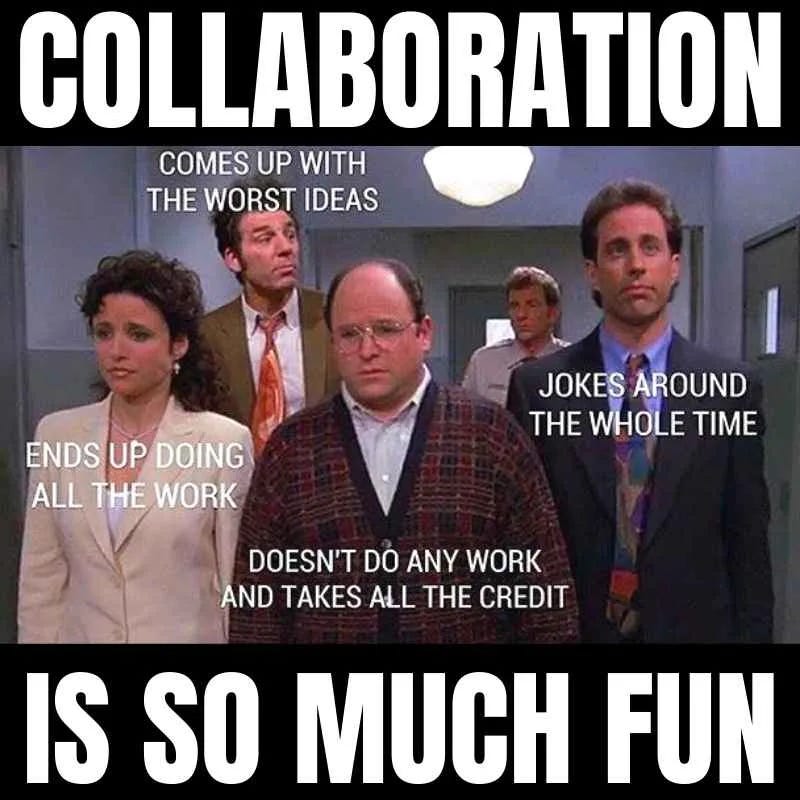You Should Read Patrick Lencioni
My wife has a way of cajoling me into doing things I really don’t like. Once done though, I’ve changed for the better. Opening a Patrick Lencioni book was one of those experiences.
Let me set the stage. About 10 years ago, I was struggling with an ever increasing pile of work related challenges that had started to overflow and eventually flood our homelife. My wife’s approach was to manifest, mushroom, place, arrange new books on my bedside table. First, one book appeared on my nightstand, to which I responded something like, “I don’t need no stinking business self help book”. That is the polite version of how I expressed myself. Then another book appeared. A few days later, there was a third. Those books just sat there, night after night, week after week, acting as great supports for coffee mugs, bottles of water, and my phone. If memory serves me right, the books were The Five Dysfunctions of a Team, The Four Obsessions of an Extraordinary Executive, and The Five Temptations of a CEO, what’s in common? The author, Patrick Lencioni.
Thankfully, despite my cynicism, I never seemed able to move them off of the bedside table. One sleepless night, with no other choice, I finally picked one up.
Since I’m writing this essay, you likely know what happened next. I read the books, cover to cover. I’d like to say that I gave them out to others, the truth is that I felt like I gained a secret super power, and handing them out would cheapen my newly found bag of management tricks.
I went from struggling to understand my own professional situation to finally having terms to describe what it was that I was dealing with.
Trust. Communication. Backdoor dealing. Lack of commitment and accountability.
My professional challenges didn’t magically go away. In fact, they kept getting worse, but at least I had the vocabulary for my experiences. It is an incredible feeling when you go from not being able to diagnose a problem to having a diagnosis. The mere ability to give a name to the experience can take half the weight off your shoulders. Not that it solves any problems, they are still there, but knowing WHAT problems need to be solved as well as having the right toolbox of strategies, is in itself empowering.
Fast forward to a few months ago, when I discovered another Patrick Lencioni book floating around. My wife bought Lencioni’s latest book The 6 Types of Working Genius and promptly finished it, cover to cover. With some delay, I eventually got to it as well and this one was different from all the other books.
Patrick’s usual style is to focus on the overall structure of the team and what happens within it that leads to dysfunction. Trust needs to be built, and when it is absent, decision making gets stuck. Accountability puts the right focus on what needs to be delivered and who will own the outcome, but when you have no accountability, you can’t ever seem to ship anything. Fear of conflict leads to misunderstandings permeating around, “did we really agree to that deal?”, “I can’t tell Jim the recruiting pipeline is awful”, “Suzane won’t like hearing the customer feedback on the widgets.” It isn’t possible to drive results if you can’t have conflict in the organization and deal with the disagreement openly, quickly, and constructively. All of Patrick Lencioni’s previous writings have focused on the team and its dynamics.
His latest book is different. It focuses on the individual as the foundational building block of a holistic team dynamic. What Patrick Lencioni zeros in on is what makes us all uniquely human, our unique and distinct set of problem solving approaches and how we engage with the world. We all have our strengths and also weaknesses, we have that friend that can plan the perfect party but can’t come up with a theme while someone else has the grand vision, but can’t seem to remember to bring the napkins. You need both individuals to have a complete team, and without a clear understanding of what strengths everyone brings to the table, there is no team.
I don’t want to give away Lencioni’s analysis and presentation, you really should go buy the book, but I will give a preview of the six geniuses:
Wonder - Asking the big questions of why the world is the way that it is
Invention - How the world could be different
Discernment - Whether the new world order even makes sense
Galvanizing - Selling everyone on the new world order
Enablement - Get the new world order roadblocks out of the way
Tenacity - Crossing the t’s and dotting the i’ss of making the new world order happen
There is much more to the story of how the pieces fit together, but if I told you everything, you wouldn’t want to buy the book.
There is one key takeaway that should be noted. We are all capable of performing each and every one of the types of geniuses above. Some give us strength, others are acceptable as occasional place holders, and yet others drain us of energy and make us not want to get out of bed in the morning. Knowing what your strengths are is key to being happy in the morning, because if you spend all your time on the energy sucks, then don’t be surprised that you are in a state of unhappiness. As for me… I’ll give you a pause to figure out my two strengths and two weaknesses. Drop them in the comment if you guessed them.
If you’d just like the answer, here it is:
Geniuses: Invention and Discernment
Energy Drainage: Tenacity and Galvanizing
Now, go figure out your own geniuses, you have them, play to your strengths, not your weaknesses, and be happier every morning.



